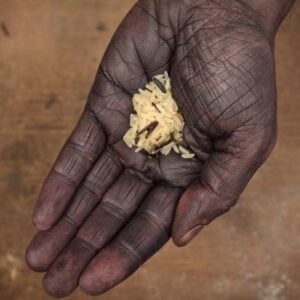A new HIV prevention injection, lenacapavir, has the potential to end the AIDS epidemic, but its rollout is being hindered by secrecy, limited ambition, and profit-driven restrictions, argue leading health activists. Lenacapavir is a twice-yearly antiretroviral injection that has shown near-complete protection against HIV in vulnerable populations, including young women, men who have sex with men, sex workers, and transgender and gender-diverse people. Trials are also underway for people who inject drugs. If widely deployed, it could dramatically reduce new infections and potentially end AIDS in high-burden countries such as South Africa.
Despite its promise, initial rollout plans are extremely limited. South Africa’s first two-year target aims to reach fewer than 500,000 people, with particularly low coverage for key vulnerable groups: just under 70,000 sex workers, around 38,000 transgender people, and approximately 156,000 gay, bisexual, and other men who have sex with men. This represents only a fraction of those in need. Part of the reason for restricted access is that Gilead Sciences, the company holding the patent, is rationing supply, and generic alternatives are limited due to inadequate licensing agreements. Funding cuts from the U.S. and reliance on the Global Fund have also slowed efforts to scale up access in the Global South.
Secrecy around pricing is another major barrier. The Global Fund’s decision to withhold the cost of lenacapavir from public scrutiny undermines transparency, reduces accountability, and risks repeating inequities seen during the COVID-19 vaccine rollout. Without price disclosure, countries excluded from existing agreements may face unaffordable costs, leaving millions of people without access. Activists stress that public funds should not subsidize corporate profit at the expense of equitable health access.
Health experts warn that rationing prevention is a false economy. The costs of new HIV infections, both in lives and long-term treatment, far outweigh the investment needed to provide lenacapavir at scale. Delegates at upcoming HIV conferences are urged to challenge the secrecy and push for immediate, large-scale funding. Expanding access to at least two million people in South Africa alone could prevent thousands of new infections, mirroring lessons learned from delays in lifesaving HIV treatment in the past. Immediate action is crucial to avoid repeating preventable deaths and to leverage this breakthrough for global HIV prevention.







